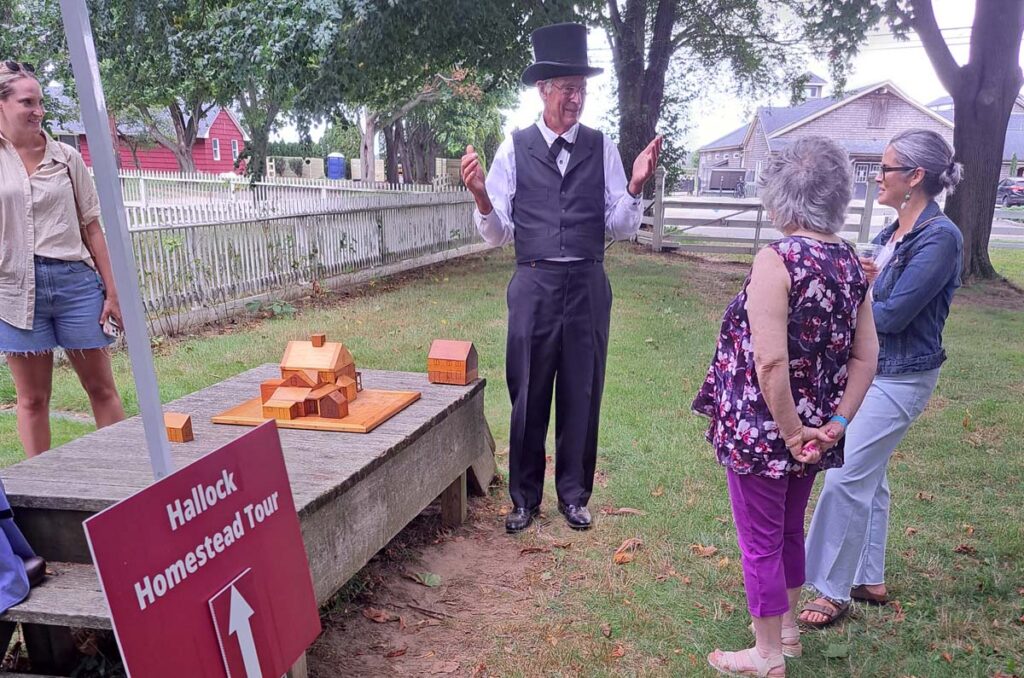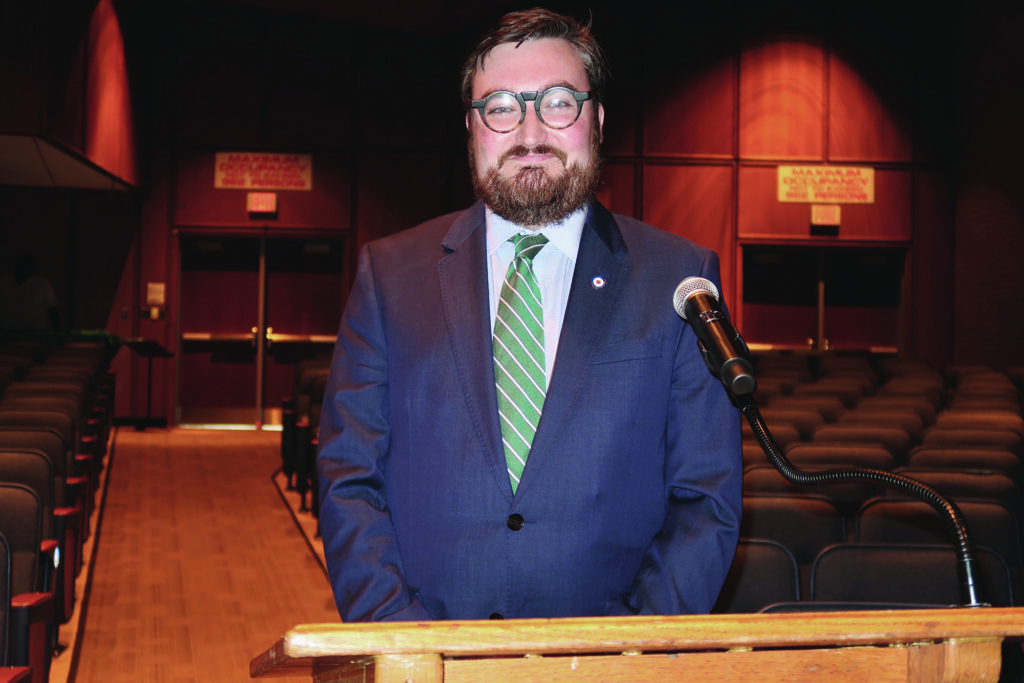Faced with challenges from pandemic, local organizations pitch Town Board for federal funds

Like so many organizations, Riverhead Community Awareness Program faced a number of challenges as it tried to navigate the COVID-19 pandemic.
To focus on its mission of alcohol and drug prevention, CAP members have relied on working directly with students in Riverhead schools. But as schools closed last spring and then reopened in hybrid models, CAP suddenly needed to adapt that approach.
They began creating virtual content with their peer leaders as presenters doing voiceovers on videos both in English and Spanish.
“It’s extremely time consuming,” CAP executive director Felicia Scocozza said in an interview. “And doing the translation voiceover is time consuming. The staff is working really hard to do these types of programs.”
Creating the video content required switching to a new lesson format as well. Lessons are typically based on a program called LifeSkills. But developing remote content required pre-approvals from its director, so CAP switched to another program called Too Good for Drugs, Ms. Scocozza said.
As schools first shut down last spring, Ms. Scocozza said CAP’s social workers spent a lot of time tracking down families to see who needed help with technology.
“Kids did kind of drop off the map off a bit,” she said. “So there was a lot of outreach, the real work of social work.”
The Riverhead Youth Coalition, which focuses more on community-based strategies, typically records public service announcements at 101.7 The Beach. Instead, each person would record their segments individually, which were then was compiled in iMovie to be released via social media.
“We worked really hard to try to keep the kids engaged that we had,” Ms. Scocozza said.
Last week, Ms. Scocozza was one of several speakers at the Riverhead Town Board meeting who made their annual pitch for a share of federal Community Development Block Grant funding. She specifically mentioned that the funds would help support a part-time social worker at Roanoke Avenue Elementary School. She said the current situation in schools has only increased the need for CAP’s programs.
CAP is also facing budget uncertainty looking ahead to 2021. Ms. Scocozza said it’s still unclear how much their funding from New York State — which represents the bulk of their funding — will be cut back. And Suffolk County has already planned to reduce its funding to the program by 25%. Ms. Scocozza said that cut is currently scheduled for the second half of 2021, so the county is hoping that federal aid might possibly arrive by that time to compensate.
She said CAP’s budget is currently in a “standstill.”
Tijuana Fulford, founder of the nonprofit Butterfly Effect Project, also spoke during last Wednesday’s meeting and said this year has been a challenge for her group as well. The pandemic forced its major fundraiser events to be canceled, she said.
“We also lost a lot of grant opportunities,” she added, noting that a lot of grant money was reallocated toward COVID relief efforts and money spent on a grant writer was lost.
Ms. Fulford said that money the nonprofit did have was focused on “the community that does the most for the program,” which she said was Riverhead.
“I was really proud of our girls and of our Riverhead board members who stepped up to the plate to help us out there day after day,” she said.
The switch to virtual during the pandemic was a particular challenge, Ms. Fulford aid, telling board members that their computers did not have camera and microphone capabilities. “We have to go out and piecemeal these things together,” she said. “If we as an organization have to do that, I can only imagine what families are doing.”
She said the CDBG funding would be used to help close that digital divide.
She said the Butterfly Effect Project, which has 531 enrolled girls and 15 boys, was still able to secure 20 laptops that were given to students in Riverhead schools.
“Funding at this point is at the lowest,” she said.
Similar to CAP, the Butterfly Effect Project is facing cuts in county funding.
Daniel O’Shea, executive director of Maureen’s Haven Homeless Outreach, said the previous year’s funding in 2019 helped provide services to over 225 homeless people in the community.
“We’re the only homeless agency solely dedicated to the homeless community on the East End,” he said.
He spoke about the chaotic circumstances last March when the pandemic first hit. The Day Center, which provides a number of different services, faced restrictions on capacity. Currently, only eight people are allowed in the building. The Emergency Winter Shelter Program, which just resumed Nov. 1, is one area where the CDBG funding would be needed.
“It’s been a challenge for us as you can imagine,” he said.
In the past, there would have been 20 to 25 host sites, mainly houses of worship, where many of their volunteers come from. This year, they’re down to about 10 physical sites.
More of the work is falling on staff at Maureen’s Haven, Mr. O’Shea said.
“This year alone, we’ve worked with at least 195 individuals,” he said. “Many of them have been in the community and if anything, we are starting our busiest time of the year.”








